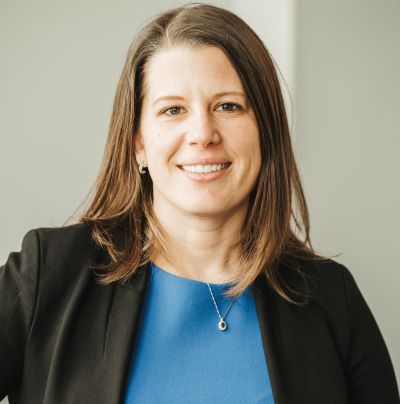
You have 100% chance of dying, we all do. Having a discussion while you are able to communicate your wants, needs, and desires with those who might be asked to make those decisions is as important as establishing a succession plan or making sure Aunt Millie’s china never falls into the hands of a Cardinals fan.
Communication about your own desires and what type of medical and emergency treatment you want, can relieve the confusion and anxiety that comes with a medical emergency for both yourself and all involved. Your age when you have this conversation is immaterial. People 18years old-88 years old should be able to discuss their thoughts on life changing events and how they desire them to be handled and who makes those decisions.
According to an AARP Survey, “More than 90 percent of people think that it is important to have conversations about end-of-life care with their loved ones, yet less than 30 percent have done so. Similarly, 70 percent of people say they want to die at home, but in reality, 70 percent die in hospitals or institutions.”
Conversations between family members can help individuals understand and participate in the process. It will not be an easy conversation. It should not be started after the plates are cleared and before desert is served at the next family event. Here are some relevant things to kick around and discuss.
- When you think about the dying because of a terminal illness or slowly progressing issue, what’s most important to you? How would you like this phase to be?
- Do you have any particular concerns about your health?
- What events do you need to get in order, or talk to your loved ones about? (personal finances, property, relationships)? Who is on the team, CPA, Lawyer, Investment advisor, land manager, real estate agent, etc.?
- When was the last time the will was reviewed.?
- Where are your documents to be found? Does somebody know how to get access to them keys, combinations, etc.?
- Who do you want (or not want) to be involved in your care? Do the health care and general powers of attorney reflect who you want making decisions for you if you cannot?
- How much deference to doctors do you want given when their recommendation contradicts your earlier directives?
- Where are the hang fires? I.e. disagreements or family tensions that you’re concerned about? If something is brewing, action while you have say in it might be a better course of conduct.
- Where do you want (or not want) to receive care (Home, nursing facility, hospital)? A nursing home administrator once shared with me that the worst directive is to tell your children you never want to go to a nursing home. The guilt complex it can create on an already stressful time of transition is immense. Everybody would prefer die at home, sometimes that is simply not feasible, practical, or considerate to the members of the family.
- Are there kinds of treatment you would want (or not want)? (resuscitation if your heart stops, breathing machine, feeding tube). When would it be OK to shift from a focus on curative care to a focus on comfort care alone?
This type of discussion is a gift to give your loved ones and the ones you are asking to make decisions for you when you cannot. It will bring peace of mind and comfort for family to know that the decisions they may have to make are what you would want them to do for you.



